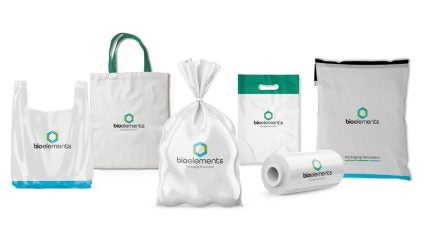
Bioelements, a South American sustainable packaging solutions provider, has announced the establishment of its headquarters in Houston, marking its expansion into the US market.
Based in Santiago, Chile, Bioelements develops and offers a wide packaging portfolio, including biobased, biodegradable, and compostable materials developed through science and technology.
The company has operations in Brazil, Colombia, Mexico, and Peru, and serves global brands such as adidas Chile-Peru and Walmart Mexico.
With this expansion, Bioelements aims to meet the growing demand for sustainable packaging in the US, particularly in the retail, e-commerce, and food sectors.
Bioelements CEO and founder Ignacio Parada said: “We have been very successful in Latin America and have developed applied technologies to create biodegradable packaging products for many US-based companies.
“We’ve always developed this packaging within the constraints of local regulations and the custom needs of brands. We want to do the same thing in the United States and be the number-one supplier of biodegradable packaging to brands of all kinds in the US market, offering direct service through local teams in Chicago, New York and Orlando as well as Houston.”
The company is also planning to set up a BIOLab research facility.
Bioelements’ approach transforms packaging into nutrients for microorganisms and fungi within three to 20 months, depending on the product.
The company has created more than 30 formulations such as Bio E grade, to meet client requirements and comply with international standards.
It also joined forces with 17 scientific institutions in South America to ensure its products are validated for biobased content and biodegradability.



